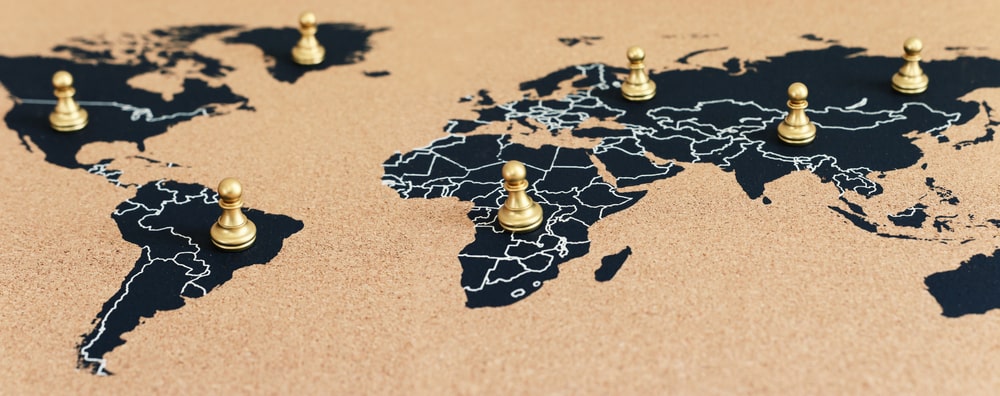
Julian Kirkman-Page will be delivering an IPP Presentation on "Geopolitics in a Brave New World" at this year's IUMI Conference in Singapore. For more details, please visit this link.
Not since the days of the Cold War has geopolitics been so front of mind for businesses, insurers and governments. With the rise of economic nationalism in the form of tariffs, to the attacks on ships at key trading routes across the globe, it is a precarious time for global maritime traders.
Underwriters must have a greater understanding of global trade, and the way it impacts a marine insurer’s portfolio. Voters and leaders crave simplicity during times of great complexity and rapid change. The threat is that the interdependence of today’s trade and financial systems have too many moving parts to be understood in isolation, which means that business (including re/insurers) must understand today’s geopolitical connected risk.
Re-globalisation is a theme of this year’s conference, which will lead to changes in the flow of money through the three main global trading blocs – the European Union (EU), Regional Comprehensive Economic Partnership (the RCEP, which features the ASEAN nations along with China, Japan, South Korea, Australia and New Zealand) and the USMCA (US, Mexico, Canada). The average flow of trade across all three blocs increased by $3.8 trillion between 2019 and 2024, according to our analysis.
The balance of trade is shifting from West to East which likely means that the balance of power will change. This is important because (re)insurance penetration in traditional markets in the West is far higher than it is in the East. Penetration in the emerging markets of the East is much lower; however, this part of the world’s trade is outpacing trade in the old powers of the US, UK and Europe.
There is risk and opportunity for (re)insurers. Risk, because global trade pinch points are becoming increasingly volatile. Digitalisation, meanwhile, is having a significant impact on business globally. As a result, reliance on key commodities such as rare earth metals is creating new political stresses, and the demands of key nations for trading partners to onshore their businesses. The opportunity is to rapidly close the insurance protection gap in the East, opening up markets in a new wave of regionalised globalisation.
Business intelligence companies like Russell can help insurers to better map evolving trade patterns and pinpoint companies which are changing their port selection to adapt to changing maritime ecosystems. This can help risk diversity and increase portfolio optimisation without necessarily increasing exposures in their existing portfolio.
This article originally appeared in the September issue of IUMI Eye